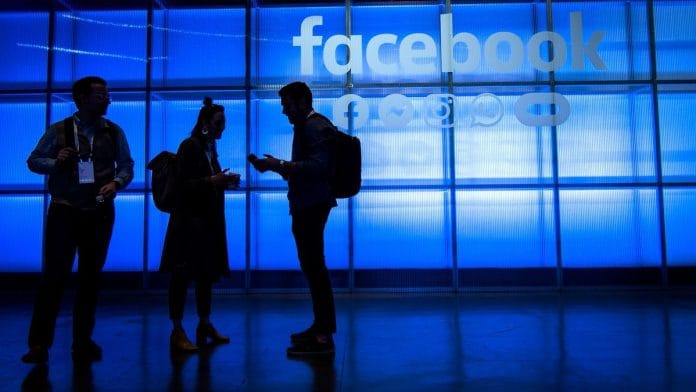Calling Facebook “sorely broken,” a coalition of civil rights groups is demanding that the company take action to suppress posts it says are dangerous, false or exploit “racial division.” That’s in keeping with the recent pattern of controversies about Facebook’s content moderation: Progressives want more of it and conservatives less.
Judging from Facebook chief executive Mark Zuckerberg’s recent speech about the company’s view of free expression, his instinct is to hear out the progressives on specific points, but to err on the side of allowing people and groups to post what they want. It’s the right instinct.
Conservative critics said Zuckerberg’s words were laudable but that right-wing groups were too often censored on the site. Progressive critics, on the other hand, said that Facebook allows too many harmful posts.
The second group of critics has been more vocal. Democratic presidential candidates Joe Biden and Elizabeth Warren joined in, complaining that Facebook runs false and misleading ads from their opponents. Civil rights groups were especially angry at Zuckerberg’s reference to Martin Luther King Jr.’s “Letter from a Birmingham Jail” as an example of how free speech had aided the cause of justice. Bernice King responded by posting a picture of her father’s assassination, writing that disinformation campaigns by politicians had “created an atmosphere” for it.
Sherrilyn Ifill, the president of the NAACP Legal Defense Fund, wrote in the Washington Post to echo King’s point: J. Edgar Hoover and others had engaged in “hate-fueled disinformation campaigns” against the civil rights movement. She also argued that Facebook does too little to stop posts that discourage minorities from voting. She concluded, “The civil rights movement was not fought to vindicate free speech rights under the First Amendment.”
Zuckerberg, of course, didn’t say that it had been. He said that free speech had helped the movement to succeed. That free speech was also deployed against the movement, sometimes to dangerous effect, does not refute the point. King and Ifill, like Zuckerberg, are implicitly asking us to consider a counterfactual scenario in which U.S. law and custom in the 1950s and 1960s had been less protective of free speech.
In that situation, would a benevolent and wise central authority have kept Hoover from spreading lies about King? It seems much more likely that Hoover and his allies would have been the central authority censoring their foes.
The risk that power will be misused is also why Warren and Biden are wrong to ask Facebook to adjudicate politicians’ claims. The truth or falsity of those claims is very often disputed. Consider the track record of fact-checkers. The Post’s recently slammed Senator Bernie Sanders for exaggerating the number of bankruptcies that are caused by medical bills. (I also think Sanders is wrong.) Would our political debate really be improved, though, if Facebook refused to broadcast Sanders’ argument or slapped a “false” rating on it? I doubt it: A Facebook that took such action would be likely to squelch too much true and valuable speech.
Another veteran of the civil rights struggle, Walter Fauntroy, was once asked how the movement had eventually been able to effect rapid change. “Almighty God and the First Amendment,” he replied. That doesn’t mean Facebook should follow an anything-goes policy, and it doesn’t. But it does mean that the company should err on the side of allowing too much speech rather than too little. – Bloomberg
Also read: Facebook’s algorithms and ‘filter bubble’ is misunderstood, says COO Sheryl Sandberg






